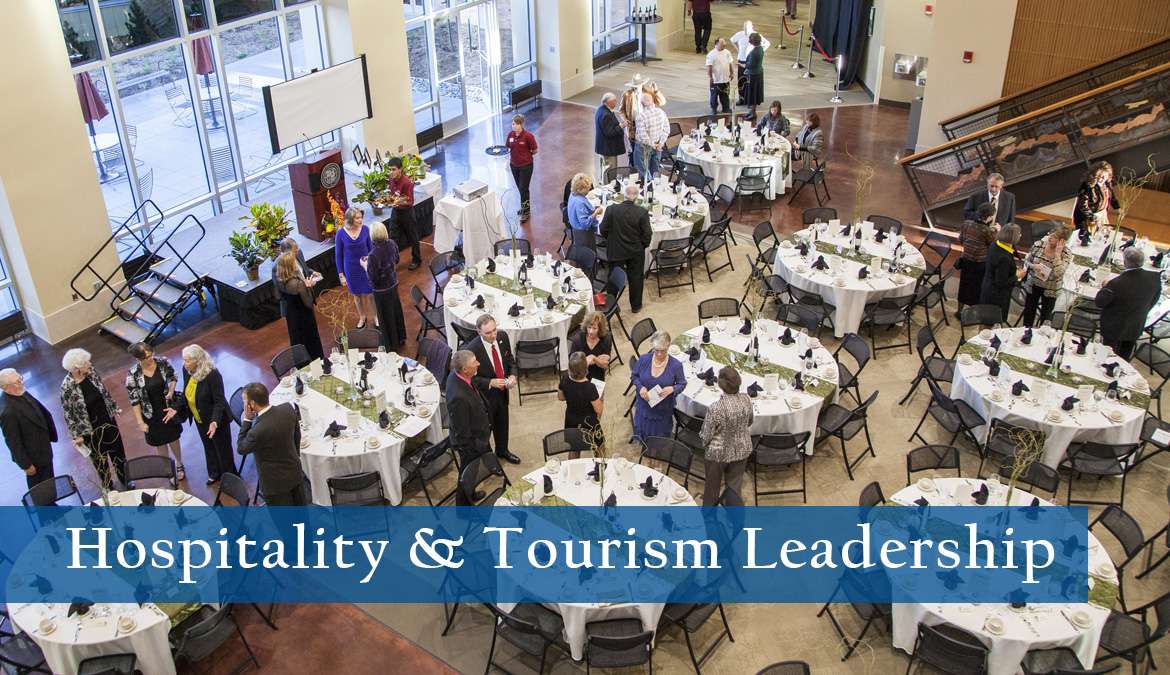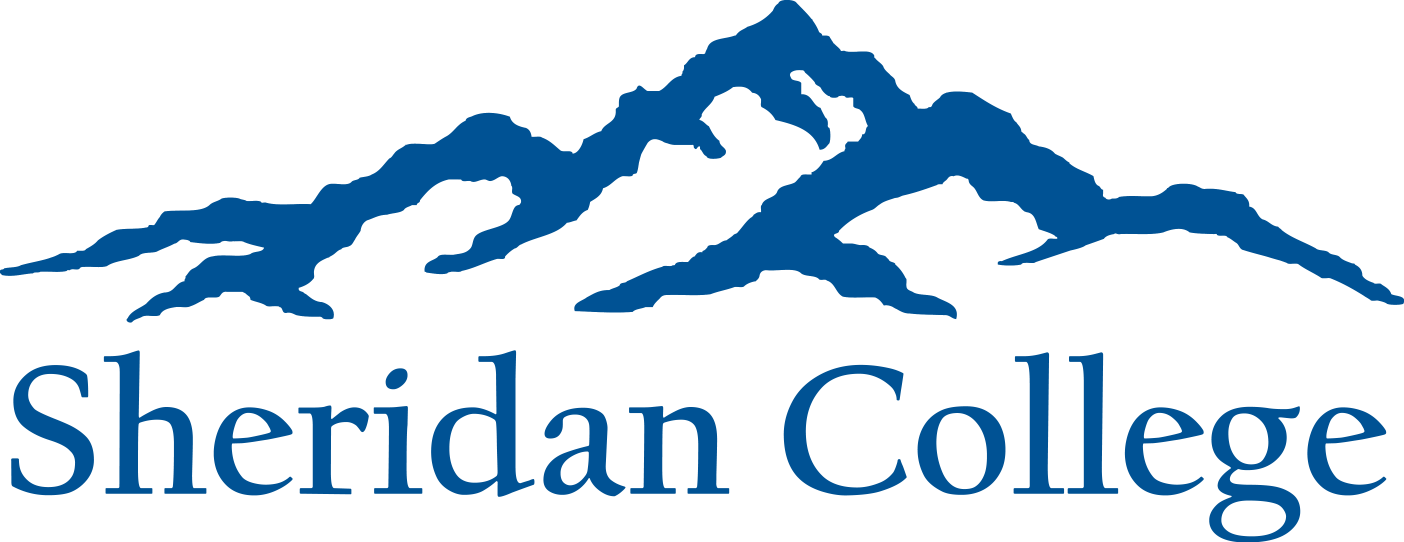
The Sheridan College Hospitality and Tourism Leadership Certificate prepares students for mid-level supervisor, management and leadership positions within the hospitality and tourism industry. Students will acquire the knowledge and practical skills for managing hospitality and travel-related enterprises related to events, conventions, and/or tour services. The certificate prepares individuals for assessing cost benefit analysis, developing industry operations and procedures, applying tourism marketing and promotion strategies, and utilizing industry legal practices. If you like working with people and want to be part of the fast-growing industry, the Hospitality and Tourism Leadership Program at Sheridan College will provide you with the training you need to jump start your career.
The certificate program may be completed in two semesters and prepares students for a second year of instruction, advancing in an Associate of Applied Science (AAS) Degree.
Note: Students will be required to complete 31 credit hours to earn this certificate.
Related Programs
Culinary Arts and Hospitality Foundations
Hospitality and Tourism Management
Industry Outlook
According to Americans for the Arts, 702,771 businesses are involved in the creation or distribution of the arts in the U.S., and they collectively employ 2.9 million people. Moreover, the National Endowment for the Arts reports that the non-profit arts sector generates $135 billion for the economy, which has led to 4.1 million jobs.
Faculty and Community
Sheridan College faculty are dedicated to helping you set and achieve your academic goals. Our faculty bring decades of experience in a variety of fields to the classrooms to help you learn and prepare you for your future in the hospitality and tourism field.
Program Outcomes:
Hospitality & Tourism Leadership graduates find employment in a variety of fields.
- Identify the core values and cultural approach necessary for branding.
- Develop decision making and leadership skills to perform in a high-performance hospitality/tourism team.
- Create processes to deliver high quality customer service and profitable guest cycle.
- Apply sales and promotion principles related to hospitality and tourism.
- Analyze best practices for management and organization relative to the hospitality/tourism industry.
- Establish loss prevention guidelines for various hospitality and tourism operations.
- Evaluate budgeting and revenue management guidelines useful in making reliable business decisions.
- Outline the necessary components to event planning, design, and delivery.




